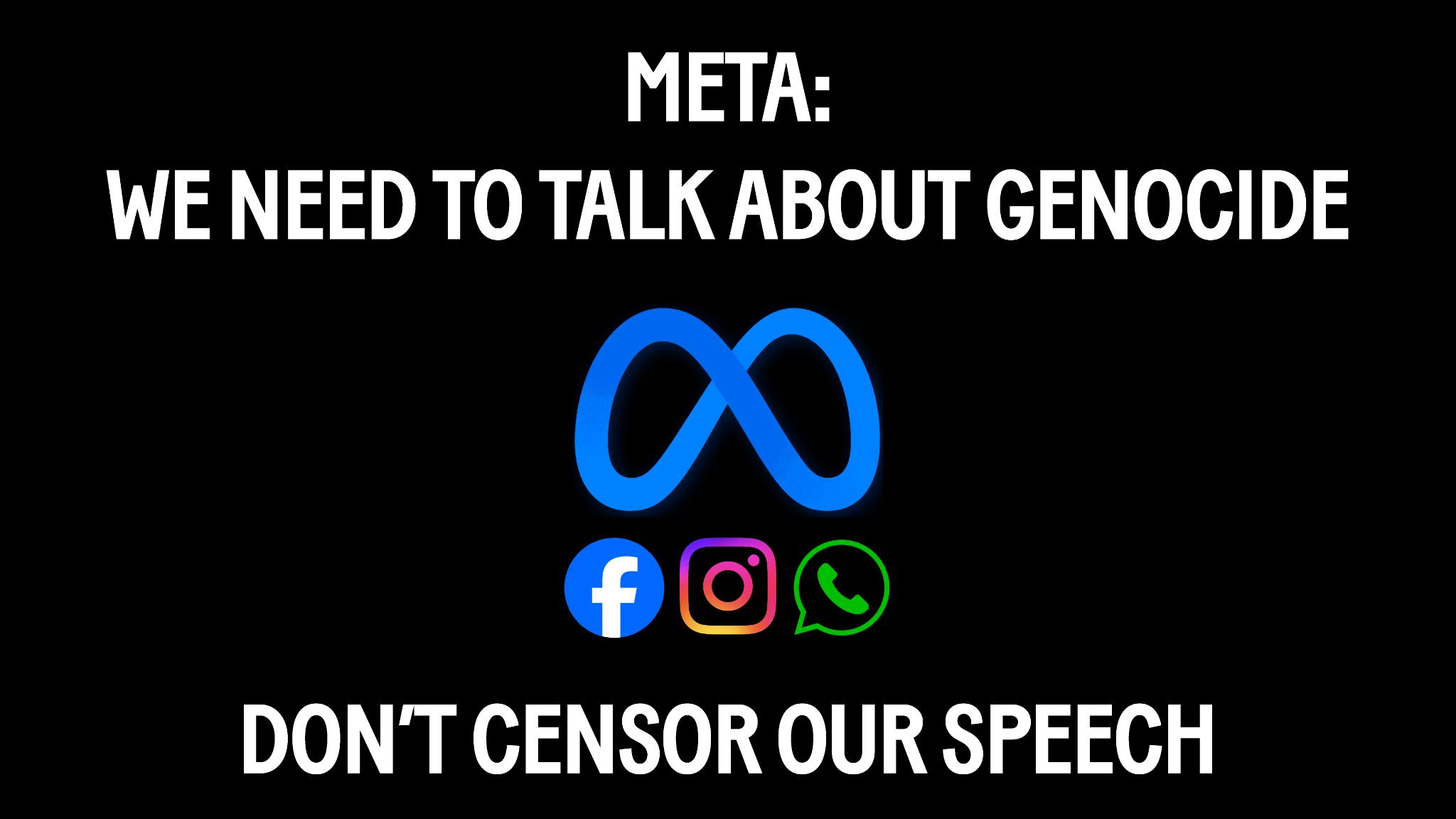Nakba commemoration event resounding success with more than 3,000 participants
Throughout the day, at least 3,500 people from several states including Iowa, Missouri, Wisconsin and New York, attended an outdoor Nakba commemoration event and Palestinian heritage celebration, hosted by the Chicago chapter of the American Muslims for Palestine on May 20 in Bridgeview, IL.
From the lively Palestine Parade, replete with horses, floats, Nasheed, and an overwhelming presence of Palestinian flags billowing in the wind, to dabka performances, freshly baked bread from replica ‘taboons’ (clay ovens), and educational tents highlighting the villages of Deir Yasin, Asqalan and Jaffa, the sixth annual Nakba event honored the victims who were killed or expelled from their homes in 1948. It also focused on passing along Palestine’s rich cultural and historical heritage to succeeding generations of Palestinian Americans.
Palestine Parade
AMP-Chicago’s second annual Palestine Parade hit the streets with more floats and a beautiful matched pair of horses pulling an antique-style carriage. In addition to floats carrying AMP dabka troupes, Girl Scout troop # 70528 from Lockport/Homer Glen, also joined the parade. Lively nasheed, and numerous Palestinian flags livened up a Bridgeview-area neighborhood as it wound its way along the parade route, gathering participants as it went.
Dabka
No Palestinian cultural celebration would be complete without dabka performances, and AMP-Chicago’s 6th annual Nakba event was no exception. Four dabka groups, including two AMP-Chicago children’s groups, Bier Nabala group and Sanabal al-Quds of Milwaukee, entertained throughout the day.
Spoken word
Renowned poet and spoken word artist Remi Kanazi brought his unique style to the Bridgeview stage by performing poems from his latest book, “Poetic Injustice: Writings on Resistance and Palestine.”
‘Celebrating our resistance’
AMP Chairman Dr. Hatem Bazian’s riveting speech about the Nakba and Palestinians’ ongoing resistance strongly encouraged audience members to take pride in their heritage. He also warned against being afraid to speak up for Palestine.
“Today, we commemorate the Nakba. But we also are celebrating our resistance. We never laid down and said, ‘come and take our country,’” Dr. Bazian said. “We are strong in our resistance. Muslims in this country are being targeted to be afraid, to not speak about Palestine. Don’t be afraid. Speak truth to power. We are Muslims and we are asked to stand up for truth and justice.”
Imam Amin al-Ali of ICCI and Sheikh Jamal Said, imam and director of the Mosque Foundation, also delivered an impassioned speech about current conditions on the ground for Palestinians in Palestine and our duty to continue to work for justice.
Honoring ethnically cleansed villages
The villages of Deir Yasin, Asqalan al-Majdal and Jaffa, which were ethnically cleansed in 1948 by militant Jewish Zionists, were brought back to life with educational posters, pictures, and Palestinian artifacts, which decorated three tents, one for each village. Each tent had its own special characteristics that brought back the days before 1948.
Throughout the day, people were drawn to the tents. They gathered together, sitting on pillows on the ground, sipped tea and talked about their homeland, Palestine.
Taboon and freshly baked bread
One of the most popular features in the past three Nakba events has been the replica ‘taboons’ or ovens, and the aroma of bread baking on hot coals. People lined up, patiently waiting for a portion of the warm, fluffy bread.
Al Aqsa mosque compound
As always, the most popular feature of AMP-Chicago’s Nakba event was the replica Al Aqsa mosque and Dome of the Rock, crafted by AMP volunteers. Situated in the center of the midway, the replica mosques attract a great deal of attention as guests stopped to get their pictures taken by the most significant symbols of Palestine.
Apartheid Wall and Prisoners’ tent
A 16-foot Apartheid Wall with original artwork reminiscent of Palestinian resistance graffiti greeted visitors as they entered the outdoor event. Guests also were given replica hawiyya, or Palestinian ID cards, to mirror Israel’s restrictions on Palestinian movement.
A prisoners’ tent paid tribute to those who courageously fought for their inherent human rights while being imprisoned without charge or trial, including Khader Adnan, Hanan Shalabi, Bilal Diab and Thaer Halahleh.



